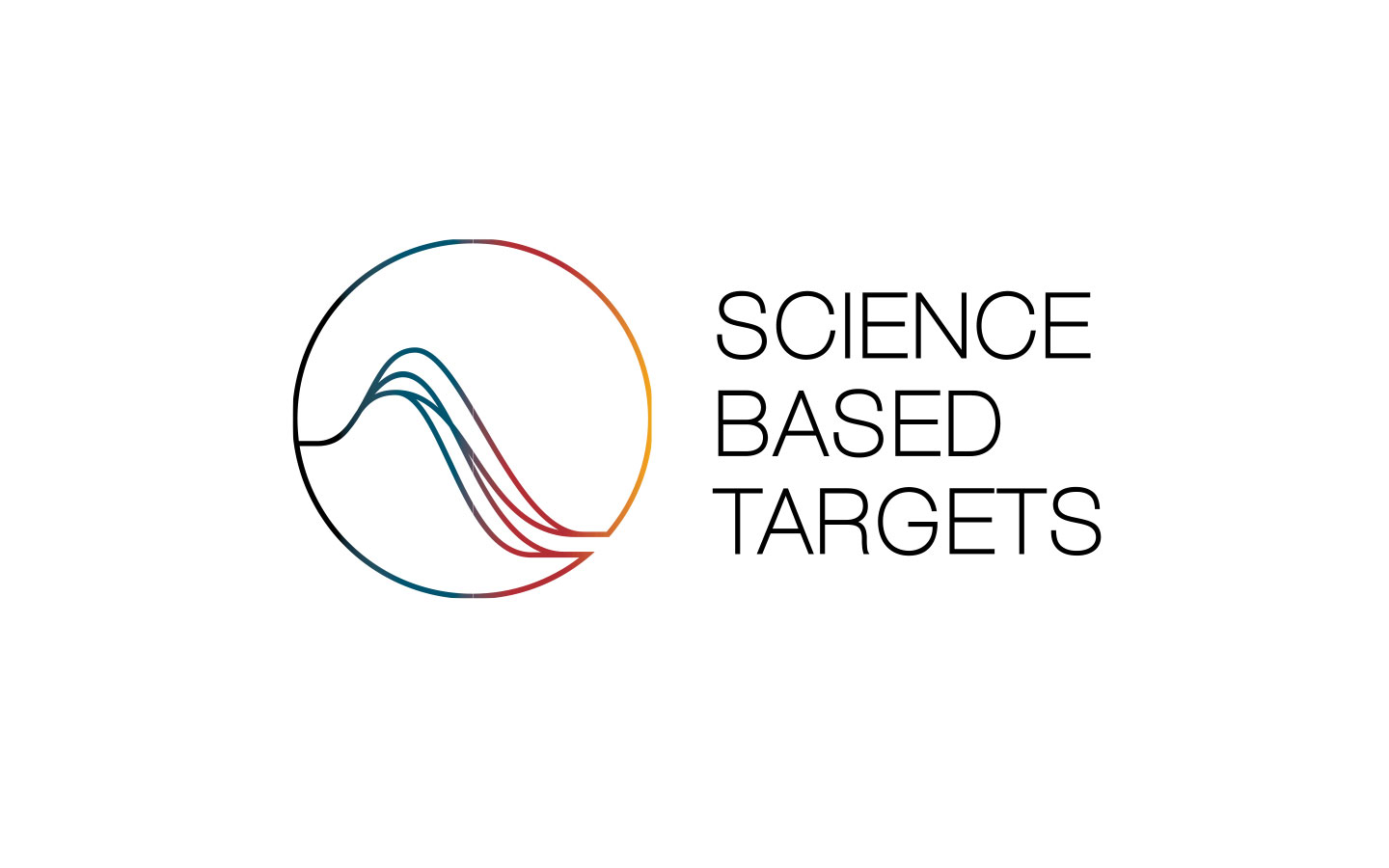



We believe that everyone has a part to play in caring for our planet – including BTG.
As a responsible business, we are reducing our carbon footprint and helping our customers do the same. Our aim is to reach net zero emissions by 2040 at the latest.

Because we don’t manufacture or transport any physical goods and many of our people work at home part of the week, our direct impact on the environment is quite small and mostly relates to carbon emissions.
This also means that the positive effect we can have through our direct emissions is limited, because what we do ourselves will only have a relatively small effect on overall greenhouse gas (GHG) emissions. However, we can – and must – play our role, because if everybody does what’s within their power, the overall impact will be significant.
That’s why we’ve set a goal to reach net zero by 2040. And to help us do that we’ve also set some shorter-term GHG emissions reduction goals.
Our environmental targets
By 2025/26 (from 2020/21 baseline)
Reduce Scope 1 emissions by 50%
Reduce Scope 2 emissions by 50%
By 2028/29 (from 2020/21 baseline)
Reduce Scope 2 emissions by 100%
By 2030/31 (from 2022/23 baseline)
Reduce Scope 1 emissions by 60%
Reduce Scope 3 emissions by 50%
By 2040/41
Reach net zero emissions across the value chain
Progress against our targets
Having already made good progress against our environmental targets, we continue to push ourselves to do more.
We achieved our 2025/26 Scope 2 target four years ahead of schedule following a company-wide switch to renewable energy for all our electricity at our owned offices. We’ve also reached – and maintained – our 2025/26 Scope 1 and 2 emissions targets.
To keep pushing ourselves we set [new] near-term targets in 2023, to reduce Scope 1 emissions by 60% by 2030/31 and Scope 2 emissions by 100% by 2028/29.
In June 2024, we received validation of our near-term and net zero carbon reduction targets from the Science Based Targets initiative (SBTi). This aligns our targets with the Paris Agreement to limit global warming to 1.5 °C above pre-industrial levels, to avoid the worst impacts of climate change.
Overall Net-Zero Target:
Near-Term Targets:
Long-Term Targets:
Additional targets (non SBTi validated)

Our sustainability strategy is maturing all the time, as we improve our understanding of our impact on the environment. So in 2024/25 we are aiming to develop specific new waste and water policies, with targets based on a quantity reduction and lifecycle processes.
2020/21
ISO 14001 environmental management system attained
Initial measurement of our carbon footprint
Reported Scope 1, 2 and 3 (business travel) emissions under SECR guidelines
2021/22
Launched low-carbon action plan
Completed move to 100% renewable electricity
Achieved carbon neutral operational emissions through offsetting
Announced net zero by 2040 goal
2022/23
Partnered with a specialist consultancy to help analyse Scope 3 emissions
Expanded our Scope 3 reporting from two to six categories
Moved to 100% green gas in our Phoenix operations
Exceeded Scope 2 emissions target
Made first submission to CDP (formerly Carbon Disclosure Project)
2023/24
Appointed first Group sustainability manager
Submitted carbon reduction targets to the SBTi
Achieved our first CDP score
Expanded measurement of Scope 3 categories, with all relevant categories now fully reported
Maintained 100% renewable energy for our owned offices
2024/25
Validation of our targets by the SBTi
Developing transition plans to achieve our near-term and net zero emissions targets
Continued focus on reducing emissions related to employee commuting and business travel
Development of a carbon literacy and sustainability education programme
Working with our suppliers to reduce Scope 3 emissions
While we are limited in how much we can do to address climate change through our direct emissions, tackling the emissions in our value chain – what are known as Scope 3 emissions – will be key in helping us reach net zero by 2040.
These indirect emissions make up 99.9% of our total footprint. This isn’t unusual, since Scope 3 emissions refer to all the indirect emissions that occur in a business’s value chain (excluding the energy it buys to run its operations), such as purchased goods and services, capital goods, business travel and commuting.
To make a real impact, we need to work with our suppliers to understand their emissions and carbon reduction plans, so we can prioritise low-carbon technologies and vendors that demonstrate the same commitment as we do.
Helping our customers reduce their emissions
Reducing our own environmental impact is crucial, but one of the biggest contributions we can make is in helping our customers switch their on-site servers, products and services to the cloud. This has the potential to be more energy efficient than customers hosting data centres themselves.
We can also give customers advice on products and services to help them address their carbon footprint. Now customers can use our award-winning sustainability app, developed by Phoenix in partnership with Microsoft. The app, which connects to a company’s energy, water and mileage data, enabling it to measure and understand its emissions, won Sustainable Solution/Service of the Year 2022 at the CRN Tech Impact Awards.
Our sustainability progress
Find out more about our sustainability work during 2024/25 in our latest Annual Report.
Our environmental policy
Our policy explains the steps we take to continually improve our environmental performance.
Engaging with suppliers
Our commitment to and expectations of our suppliers are set out in our operating companies’ supplier codes of conduct